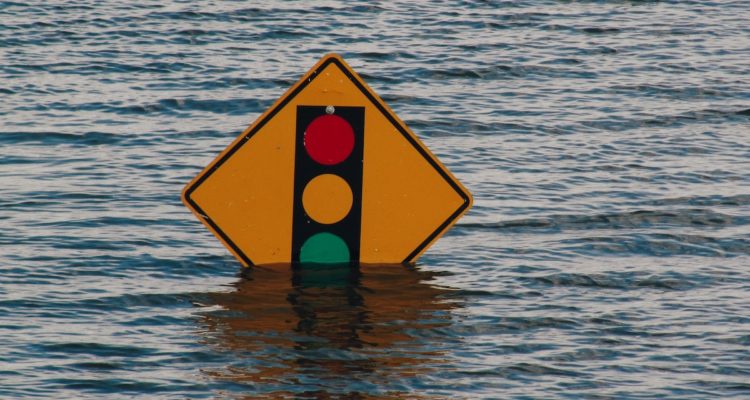On Thursday, Oct. 7, the Vail Symposium gathered Eagle County experts to share insights as to how the county prepares for the worst.
- Each of the agencies represented–fire, paramedics, and law enforcement–acknowledged that they respond to emergencies on a daily basis such as river rescues and structure fires. They also train together in the event of larger crisis.
- When the crisis is bigger, Birch Barron the Eagle County Emergency Manager gets involved. He acts as a convener, bringing different agencies together. As he pointed out, our valley is home to six different fire agencies and five law enforcement agencies.
- Chief Karl Bauer and Sheriff James Van Beek noted that even when there is a big crisis, each agency still must address all the emergent calls the typically occur on a daily basis.
- When asked about the threshold where an even exceeds local capacity, Sheriff Van Beek said that an event lasting longer than 72 hours would need additional resources.
- When asked about who is in charge, Steve Vardaman of Eagle County Paramedic Services said it is dictated by the type of event. For example, law enforcement takes the lead on criminal activity. All of the agencies in the valley observe the unified command structure, which is a national standard.
- The kind of events local agencies plan and train for are numerous and varied and include flooding, I-70 hazmat incident, road closures, major accidents, dam failure (Sylvan and Dillon), and school shooting.
- Planning for large events such as the World Cup also brings together the various emergency management organizations.
- Perhaps the biggest takeaway of the program was that every citizen must do their part and be personally prepared. The panel provided the following suggestions:
Register for Emergency Alerts at ECAlert.org
Learn how to respond to cardiac arrest (hands-only CPR/AED)
Learn how to respond to traumatic injury (Stop the Bleed)
Make a Go Kit/Stay Kit
Make (and communicate) an Emergency Plan
Prevent your home/property from becoming fuel for a wildfire (participate in the REALFire program or another wildfire mitigation assessment)
Make a plan for your pets
Include medications in your Go Kit
Understand the hazards
Plan for recovery (understand your insurance, likely uninsured loss, and what you would need to successfully rebuild)


